
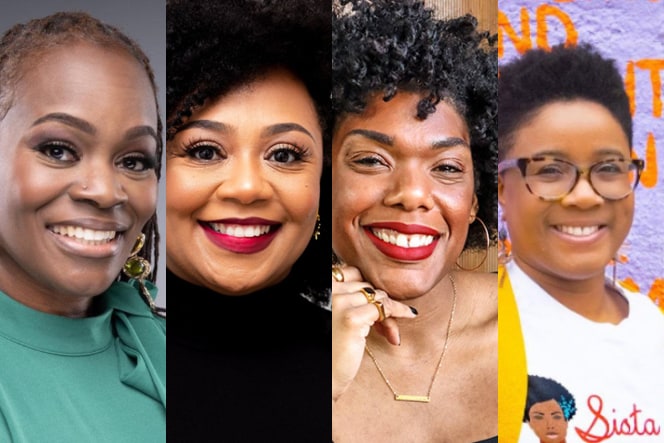
Throughout February for Black History Month, we will be highlighting the important and awe-inspiring men and women who have spent their lives working to improve mental health outcomes in the Black community. These individuals have worked to assure that adequate culturally-competent care is abundantly available. Since finding the right care can be life-changing, but often highly challenging, the impact of these “Mental Health Heros” is deserving of praise.
We want to thank the following individuals for the work they have done in the mental health space. To learn more about each of their unique stories, involvements, and achievements, read their Q&A below.
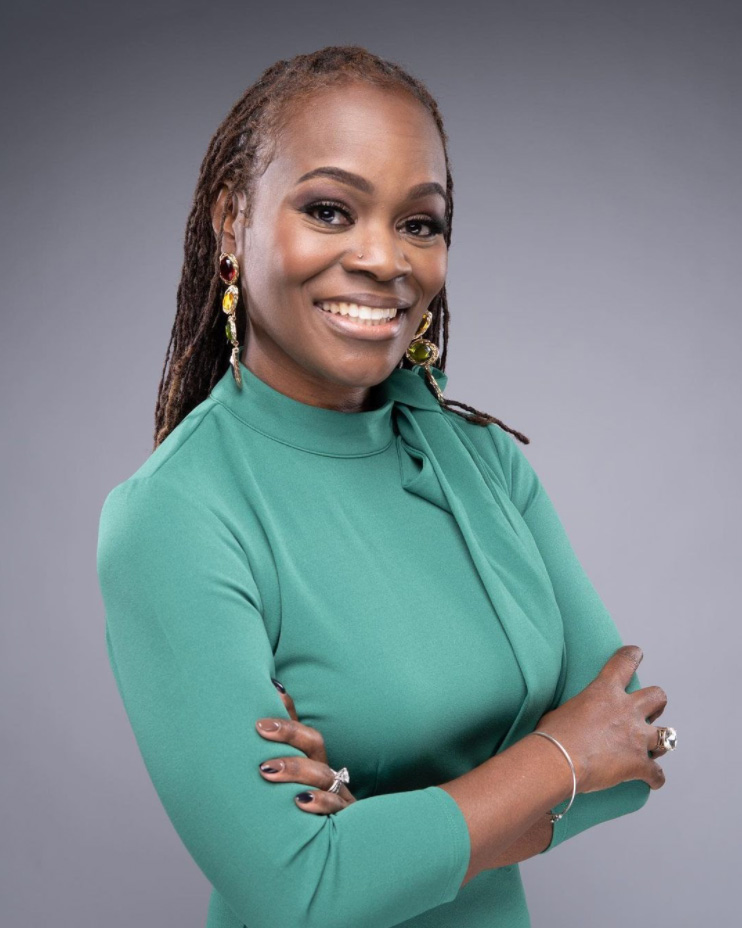
Full Name + Title:
Dr. Alfiee Breland-Noble, Mental Health Correspondent and founder of the AAKOMA Project
Social handle:
@dralfiee
Why is mental health so important to you?
I deeply believe that every human on the planet deserves #optimalmentalhealth so I work to help everyone see the value in centering their own emotional wellbeing. My passion is driven by the historical and present-day neglect of populations of intersectional People of Color from the mental health space.
How long have you been working in the field of mental health + what got you involved in this field?
I am a pioneering and unapologetic psychologist, scientist, author and media contributor who has worked in the mental health field for over 30 years. As founder of The AAKOMA Project 501c3, I envisioned and built The AAKOMA Project from an academic medicine research lab in major teaching hospitals (at Duke and Georgetown) into a thriving Woman of Color led, million-dollar mental health nonprofit. I serve as an expert in BIPOC (Black, Indigenous, People of Color) mental health, and host a video podcast “Couched in Color with Dr. Alfiee” and regularly appear in broadcast, digital and print media. I am also the Chief Mental Wealth Officer for Charlamagne Tha God’s Mental Wealth Alliance.
How do you advocate for mental health education and awareness?
At The AAKOMA Project, my 501 c3 BIPOC mental health nonprofit, we believe that to meet the mental health needs of youth of color, we need to operate at three levels – raising consciousness among individuals, providing accessible tools for ongoing management, and shifting systems to receive youth and provide better care.
What’s one piece of advice you could offer someone currently struggling with their own mental health concerns?
I always want young people (and young at heart) to remember that you are valuable simply because you exist. You do not need to be, do, or have anything to deserve #optimalmentalhealth and you have the right to live authentically and unapologetically as the best version of yourself, always.
What are your hopes for the future of mental health?
With the Dr. Alfiee Org, my goal is to help everyone realize their ability to achieve optimal mental health for themselves, their loved ones and their communities (the community part is partially why I founded my nonprofit, the AAKOMA Project).
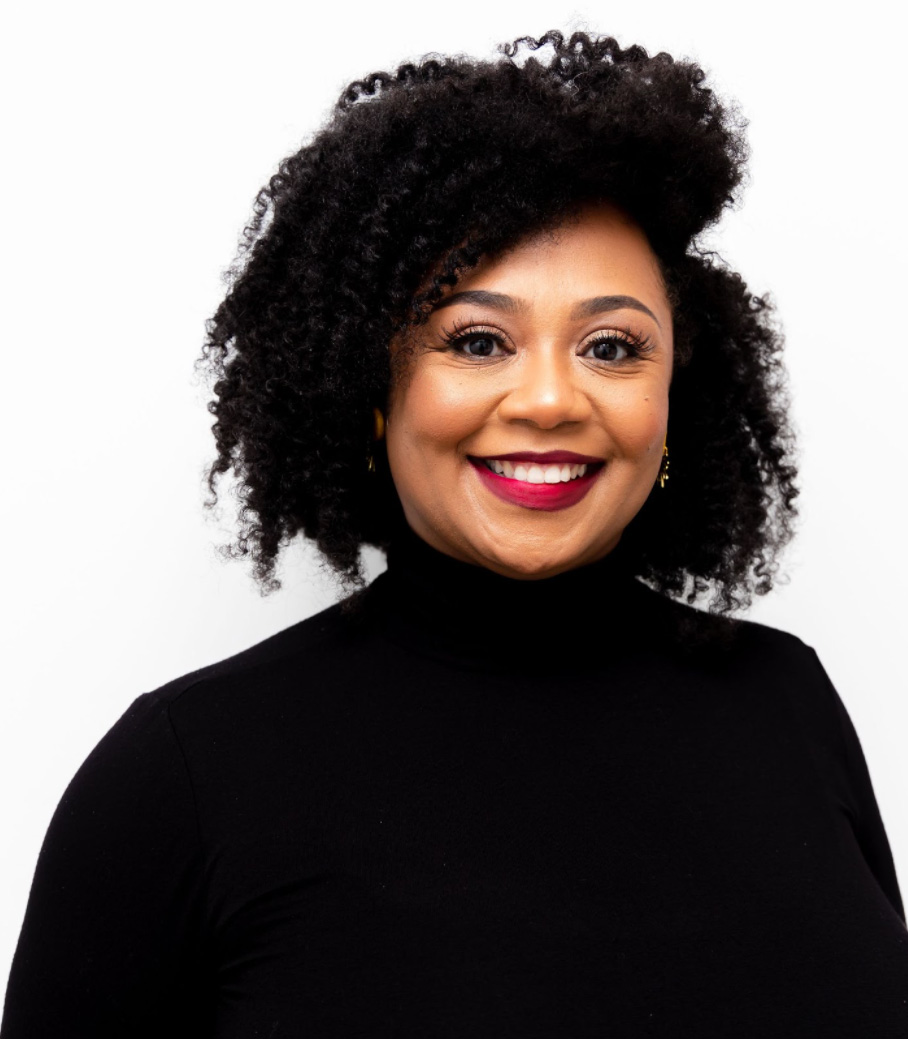
Full Name + Title:
Joy Harden Bradford, Ph.D.
Social handle:
@hellodrjoy, @therapyforblackgirls
Why is mental health so important to you?
Mental health is something that we all have to take care of, which I think people often overlook. I think people tend to think about mental health only in a crisis, but mental health is something that we can proactively take care of as well. We cannot pour from an empty cup; So, when we take good care of ourselves, it enables us to do a better job at showing up for ourselves and our friends and loved ones.
How long have you been working in the field of mental health + what got you involved in this field?
I’ve been working in the mental health field as a Licensed Psychologist for roughly 13 years and have been leading Therapy for Black Girls as CEO, since 2014. Growing up I was always naturally curious, but took a specific interest in the behaviors of people—the what and the why that guided people’s choices, feelings, thoughts and more. So, when I took an Intro to Psychology course in high school, it became clear to me that this was the career field I wanted to pursue.
How do you advocate for mental health education and awareness?
I see a large part of the work we do at Therapy for Black Girls as advocating for mental health education and awareness. Given the stigma related to mental health in the Black community, it has felt really important to me throughout my career to make sure that Black women were able to access all of the different kinds of tools and strategies we can use to take care of our mental health. Creating Therapy for Black Girls has been a way of decreasing some of the stigma around mental health and making it ok to talk about those things that have been seen as taboo.
What’s one piece of advice you could offer someone currently struggling with their own mental health concerns?
Tell someone how you’re feeling. We often keep our struggles to ourselves for fear of being a burden or being judged, but allowing people to be with us in our struggles often helps to relieve some of the pain and helps us realize that we are not alone.
What are your hopes for the future of mental health?
My hope is that more resources will be dedicated to taking care of people in multiple areas of their lives so that they can tend to their mental health. We cannot have conversations about mental health without acknowledging how things like poverty, homelessness, and food insecurity impact one’s mental health. People cannot tend to higher order needs, like mental health, if basic survival needs are not met.
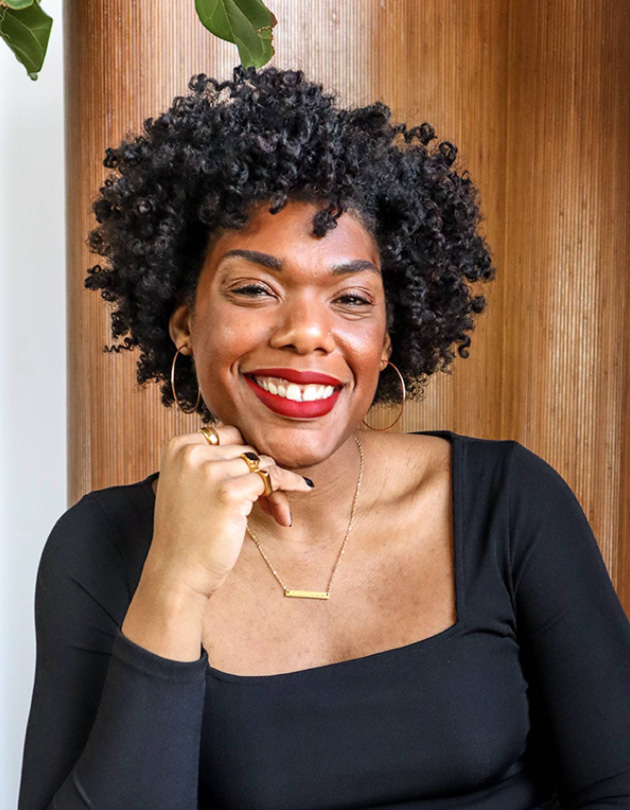
Why is mental health so important to you?
Mental health is important to me because it plays a critical role in our well-being and day-to-day lives. I believe we are living our healthiest lives when our mental health is positive and not suffering, and no matter our age or where we are in life, we need optimal health and wellness to thrive.
How long have you been working in the field of mental health + what got you involved in this field?
I’ve been practicing in the mental health field for 10+ years now. I began learning about MH as a teen when my MH was suffering, and it opened a door into me being passionate about mental health awareness and educating others on the importance of it.
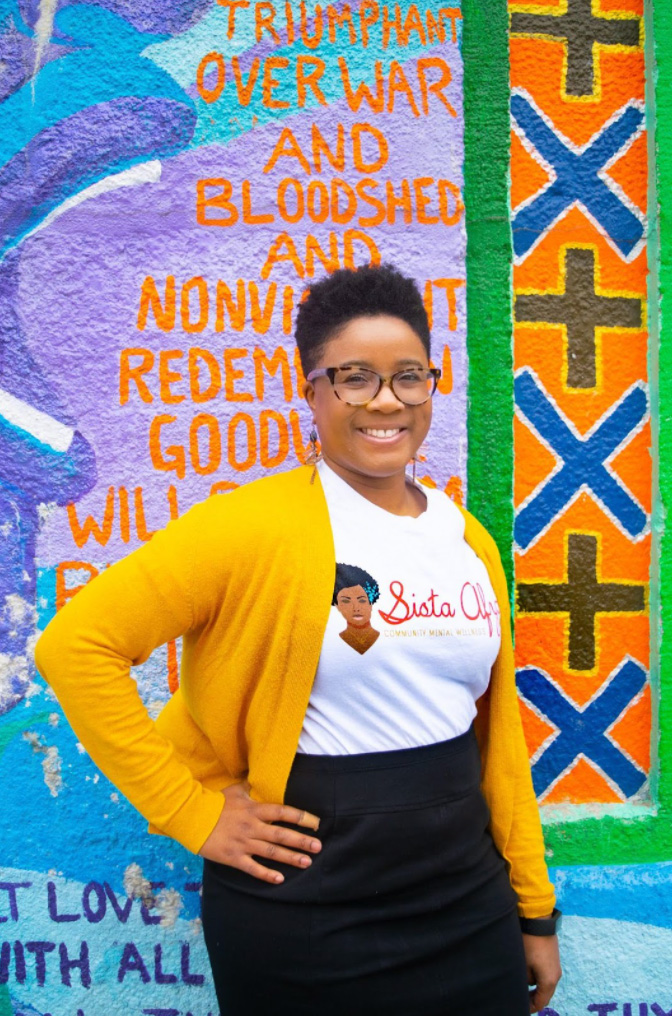
Full Name + Title:
Camesha L. Jones, LCSW – Executive Director of Sista Afya
Social handles:
IG: @sistaafya,
FB: /sistaafya,
LinkedIn: Camesha L. Jones
Why is mental health so important to you?
Mental health is important to me because it’s vital to our overall wellbeing and can impact the trajectory of your life. The sooner that people can receive quality, compassionate care the more likely they are to recover and live happy and thriving lives.
How long have you been working in the field of mental health + what got you involved in this field?
I have been in the mental health field for about 6 years. I am a Mental Illness Survivor and Social Worker. I saw the need for mental wellness care that centered on experiences of women like me and women in my community which led me to create Sista Afya – a social enterprise offering low-cost community mental wellness care to Black women in Chicago.
How do you advocate for mental health education and awareness?
I advocate for mental wellness education and awareness through creating innovative, culturally-centered programs that bring people together in community to support one another. I constantly uplift the need for people with mental health conditions to receive affordable care and that people with multiple barriers should not be left behind.
What’s one piece of advice you could offer someone currently struggling with their own mental health concerns?
Taking the step to care for your mental wellness is one of the greatest acts of self-love that you can take to be the best you.
What are your hopes for the future of mental health?
My hopes for the future of mental health is that beyond interest and popularity, systems and investment increases for mental wellness care across the country. We have a great opportunity right now to make mental wellness care normalized and integral to our society’s well being.
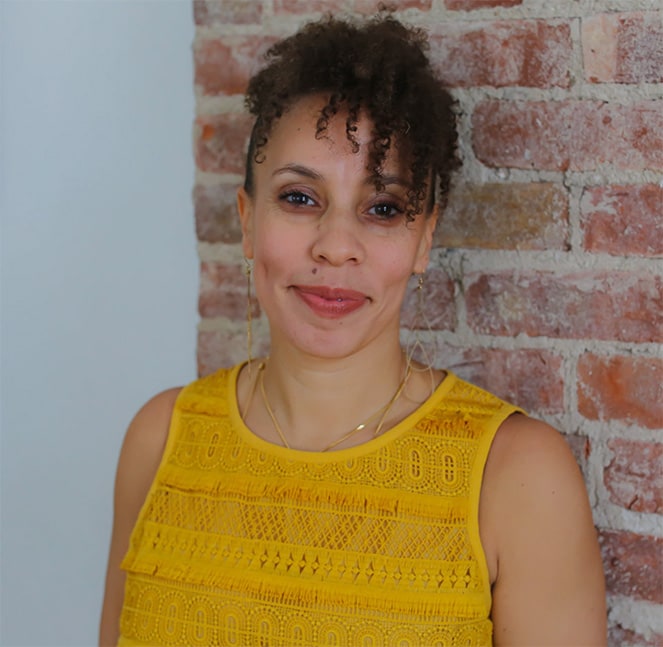
Full Name + Title:
Tia Dole, PhD., Executive Director of The Steve Fund
Social handle:
@ph.d.tiadole
Why is mental health so important to you?
Everyone is somewhere on the spectrum of mental health. It affects all of our communities.
How long have you been working in the field of mental health + what got you involved in this field?
20 years, and I have wanted to be a psychologist since I was a small child. I have always focused on the mental health of young people of color.
How do you advocate for mental health education and awareness?
I bring the mental health perspective into all spaces, even if folks don’t think it’s “appropriate.”
What’s one piece of advice you could offer someone currently struggling with their own mental health concerns?
Talk to someone. Anyone.
What are your hopes for the future of mental health?
That folks will feel comfortable talking about what is going on with them, without shame.
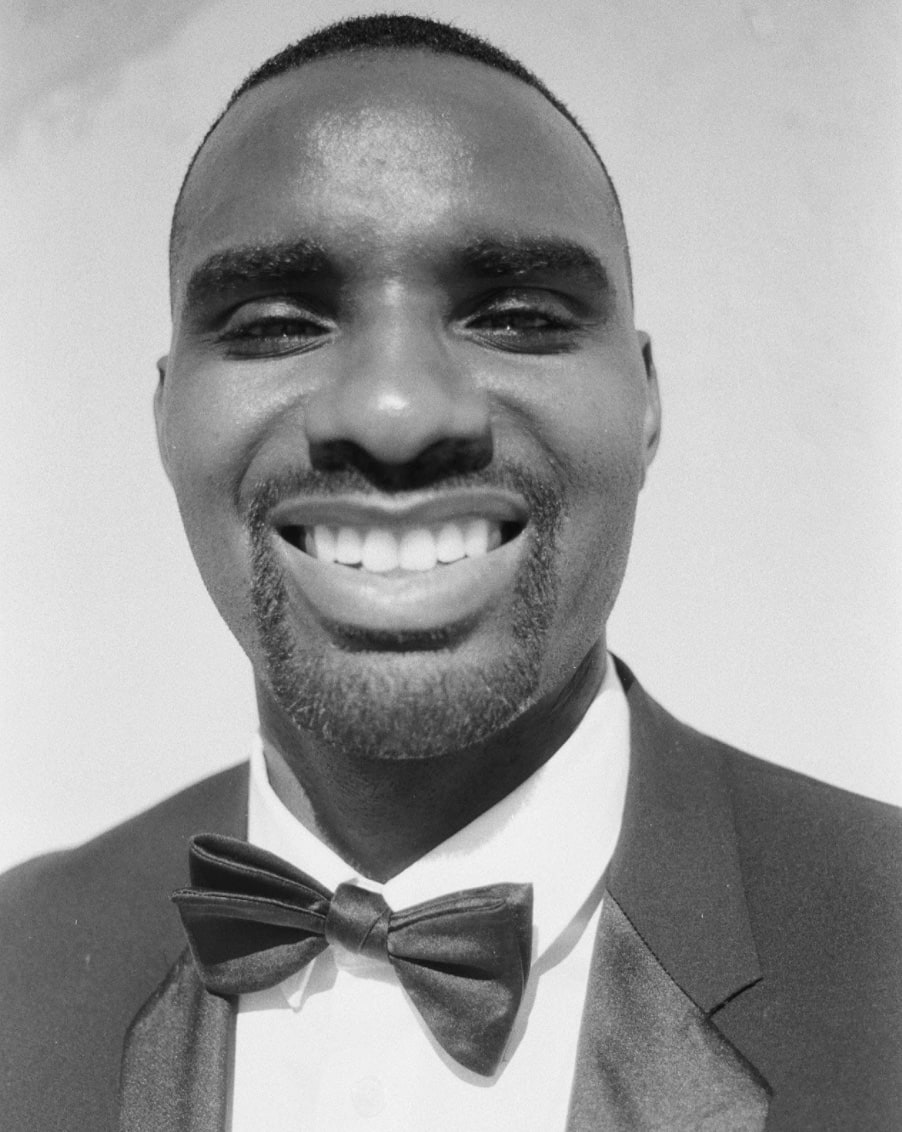
Full Name + Title:
Preston Pollard, Youth Motivational Speaker
Social handle:
@prestonpollard1
Why is mental health so important to you?
Mental Health is important to me because it’s something we all go through and it’s a life endeavor.
How long have you been working in the field of mental health + what got you involved in this field?
I’ve been working in the Mental Health field for over 10 years through Motivational Speaking and Interviewing celebrities!
I was diagnosed with ADHD and placed in special ED classes all the way up until the 12th grade. I began to focus my energy on skateboarding and I eventually became sponsored in Alaska. I then started to use my voice to encourage people from all walks of life that they are not alone.
How do you advocate for mental health education and awareness?
I advocate for mental health through my online teen program called Push Forward!
What’s one piece of advice you could offer someone currently struggling with their own mental health concerns?
The advice I would give anyone feeling low would be to talk it out, write it out, breathe it out and work it out.
What are your hopes for the future of mental health?
My hopes for the future is that we would champion mental health just as much as we champion academics.
The Kevin Love Fund is a fiscally sponsored fund of the Entertainment Industry Foundation (EIF), a 501(c)(3) tax-exempt organization (Federal Tax ID number 95-1644609). EIF is a Charity Navigator 4 Star Charity that meets all 20 BBB Charity Standards and carries the Candid Platinum Seal of Transparency.